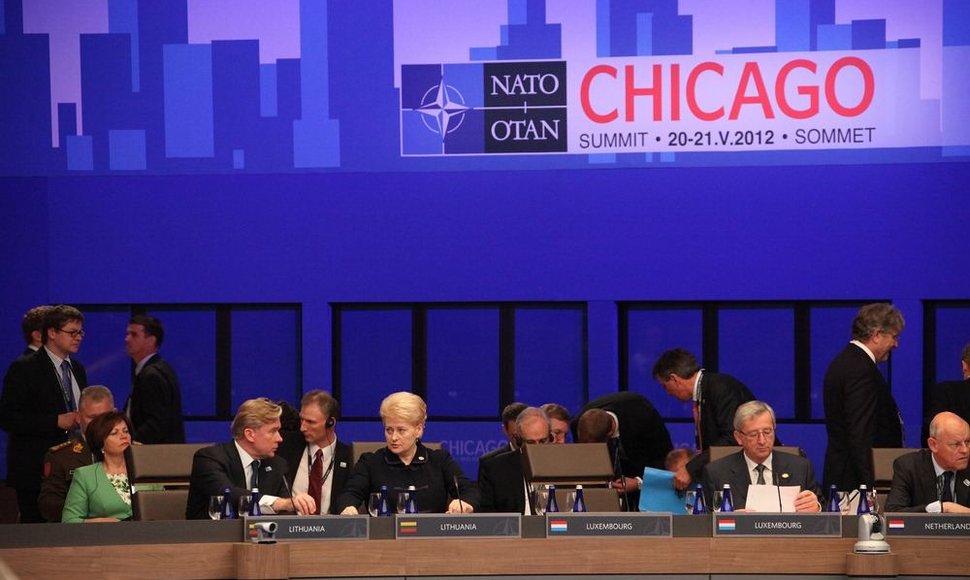In her speech at the North Atlantic Council meeting on Sunday, she recalled that the last NATO summit agreed to seek "strategic partnership with Russia, based on reciprocal confidence, transparency and predictability."
"However, over the last year and a half, we have seen developments in the Kaliningrad region and around the Baltic states that are not compatible with those commitments, including the unjustified deployment of the most advanced surface-to-air and surface-to-surface missile systems in the region. NATO must be aware that once deployed, the missiles will be able to reach Vilnius, Riga, Tallinn, Warsaw, Berlin and other NATO capitals," the Lithuanian leader said.
Russia's political and military leaders have lately issued repeated warnings about deployment of modern missile systems in Kaliningrad, including assault systems. This came as Russia's attempt to persuade the United States and NATO to take into consideration its interests when developing the missile defense system in Europe.
"These and other developments underscore the need for NATO to maintain a credible deterrence as well as a more flexible interaction between NATO forces through joint live exercises, training and rotational presence. It is also a reminder to Allies to be more careful than before about any transfer of military technology and equipment to third countries," Grybauskaite said.
Lithuania and the rest of the Baltic states expressed disapproval of the 2009 purchase by Russia of Mistral command operations and marine assault ships from France, a member of the Alliance. Some Russian military generals then said such type of ships would have been useful in the August of 2008 military operation against Georgia, which seeks NATO membership. Russia should receive the first Mistral in three years.














